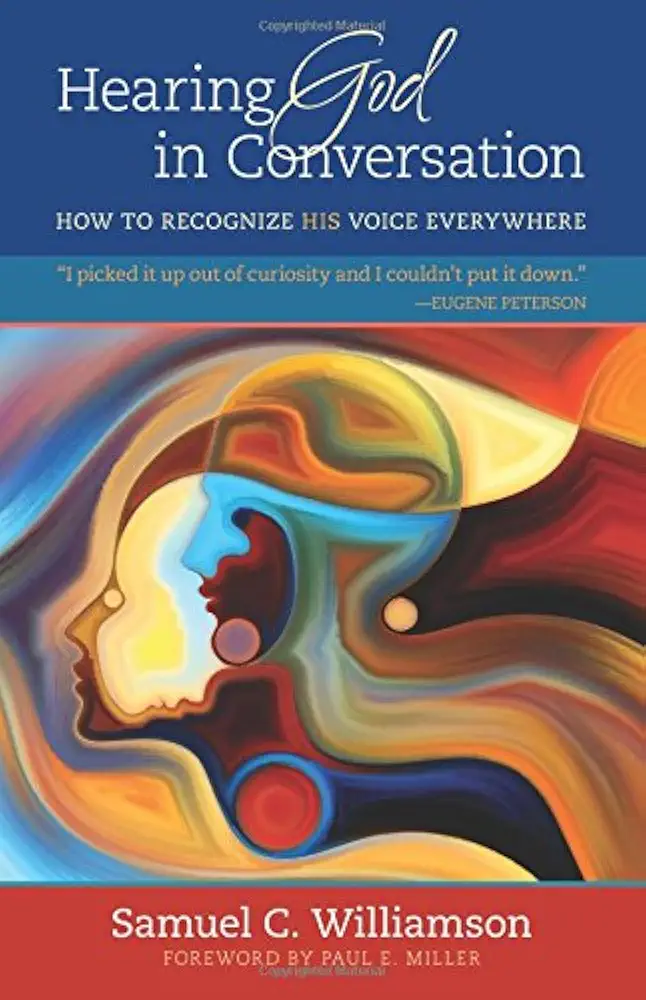A. Our minds
and bodies work together. Many physical symptoms and nervous symptoms are
related to emotional stress. Someone has said, “We call it serenity when the
mind is free of tension; we call it relaxation when the body is. They are
really one and the same.” Relaxation is a powerful healing tool. There is research evidence that relaxation
can lessen the effects of many physical symptoms as well as alleviating many
psychological conditions. Persons with stress-related high blood pressure may
find that regular relaxation will lower their blood pressure enough to decrease
or even to eliminate the need for medication.
Relaxation
has been shown to reduce many of our negative emotions - anger, anxiety, fear
and depression. Many of these negative emotions are connected with heart
disease. One study of men who took an afternoon nap showed that they had 30% to
50% less risk of heart attack. In another study individuals who were taught
relaxation techniques were able to fall asleep four times faster than they were
previously. Relaxation can even boost the functioning of our immune
system.
Relaxation
will not cure everything but it is an amazingly effective way to enhance our
quality of life. Relaxation is almost
discouraged by our culture. Our life styles are rushed and our schedules are
crammed. Many of us don’t know how to relax. Relaxation can help all of us.
Living without a daily time to relax is similar to driving your car with the
brakes on all the time.
When we are
under stress our bodies and minds are geared for action. Our blood pressure and
heart rate increases, our respiration increases, our muscles tense, the
adrenaline flows. When we relax our heart rate and blood pressure decrease, our
respiration decreases, our muscles relax, we feel calm.
To learn how
to relax your body and mind, set aside ten to twenty minutes twice a day for
relaxation, meditation or prayer. Taking just these brief periods out of your
busy day will improve your physical, emotional and spiritual health.
There are two
basic steps to relaxation.
1. Repeat a word, prayer, or phrase. Say this over and over.
2. Passively ignore thoughts that come to your
mind and return to repeating the word, prayer or phrase.
Herbert Benson,
M.D., who defined bodily calm as “the relaxation response” and discovered the
steps which elicit it, has more recently discovered that faith is a helpful
factor in learning to relax. Dr. Benson teaches his patients to pick a focus
word or short phrase to say repetitively as described above. He was surprised
that most of his patients chose prayer to focus their thoughts. He also found
that when people chose a word or phrase that sprang from their deep beliefs and
convictions they were more likely to continue the relaxation. In other words,
if you use a prayer or phrase with deep meaning to you you will be more
consistent in setting aside the time for doing this.
A faith focus
also enabled Dr. Benson’s patients to elicit positive memories which aided their
health. Because of their faith they
visualized wellness which facilitated their recovery. Their belief also helped
them disconnect from unhealthy worries or negative thinking. Dr. Benson
reluctantly began to explore the “faith factor” and he came to believe that we
are biologically wired for faith. To learn more about this read Timeless Healing, The Power and Biology of
Belief by Herbert Benson, M.D.
“Come to me, all you who are weary and
burdened, and I will give you rest.”
Matthew 11:28
Blessings,
Dottie




